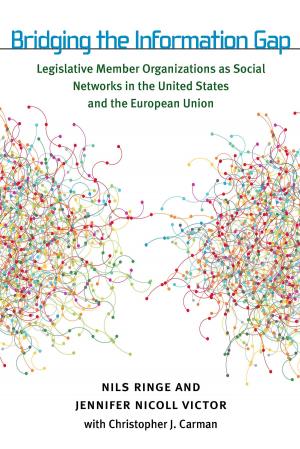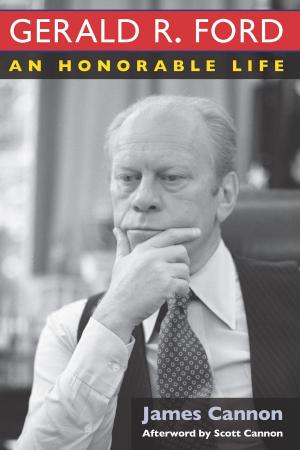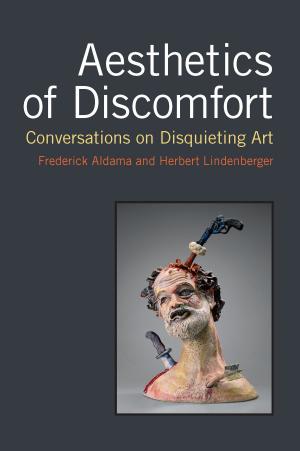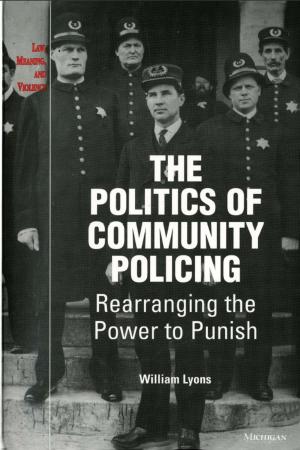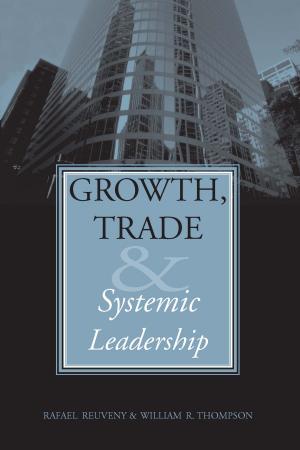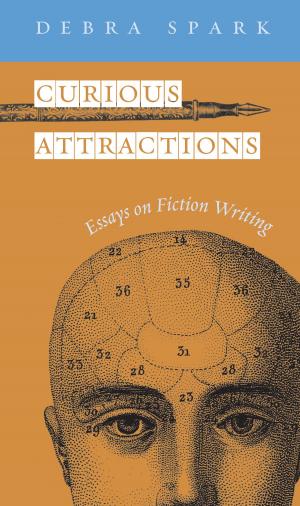The Media Players
Shakespeare, Middleton, Jonson, and the Idea of News
Fiction & Literature, Literary Theory & Criticism, Medieval| Author: | Stephen Wittek | ISBN: | 9780472121342 |
| Publisher: | University of Michigan Press | Publication: | July 16, 2015 |
| Imprint: | University of Michigan Press | Language: | English |
| Author: | Stephen Wittek |
| ISBN: | 9780472121342 |
| Publisher: | University of Michigan Press |
| Publication: | July 16, 2015 |
| Imprint: | University of Michigan Press |
| Language: | English |
*The Media Players: Shakespeare, Middleton, Jonson, and the Idea of News *builds a case for the central, formative function of Shakespeare’s theater in the news culture of early modern England. In an analysis that combines historical research with recent developments in public sphere theory, Dr. Stephen Wittek argues that the unique discursive space created by commercial theater helped to foster the conceptual framework that made news possible.
Dr. Wittek’s analysis focuses on the years between 1590 and 1630, an era of extraordinary advances in English news culture that begins with the first instance of serialized news in England and ends with the emergence of news as a regular, permanent fixture of the marketplace. Notably, this period of expansion in news culture coincided with a correspondingly extraordinary era of theatrical production and innovation, an era that marks the beginning of commercial theater in London, and has left us with the plays of William Shakespeare, Ben Jonson, and Thomas Middleton.
*The Media Players: Shakespeare, Middleton, Jonson, and the Idea of News *builds a case for the central, formative function of Shakespeare’s theater in the news culture of early modern England. In an analysis that combines historical research with recent developments in public sphere theory, Dr. Stephen Wittek argues that the unique discursive space created by commercial theater helped to foster the conceptual framework that made news possible.
Dr. Wittek’s analysis focuses on the years between 1590 and 1630, an era of extraordinary advances in English news culture that begins with the first instance of serialized news in England and ends with the emergence of news as a regular, permanent fixture of the marketplace. Notably, this period of expansion in news culture coincided with a correspondingly extraordinary era of theatrical production and innovation, an era that marks the beginning of commercial theater in London, and has left us with the plays of William Shakespeare, Ben Jonson, and Thomas Middleton.


